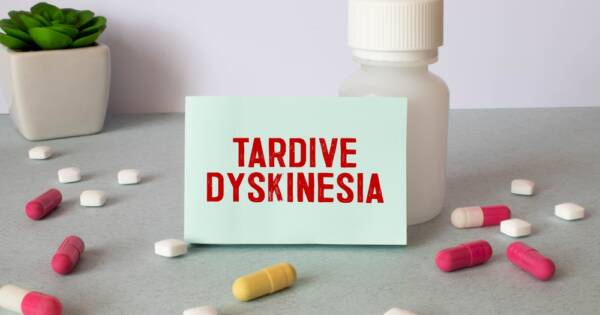Medication-induced atrial fibrillation (DIAF) highlights an often-overlooked aspect of cardiac health, where specific drugs may trigger or worsen AFib. Recognizing medication categories like antidepressants, stimulants, and even common allergy remedies is vital. Understanding the role of healthcare providers in monitoring heart-related side effects helps mitigate risks and enhances patient safety.
Understanding Medication-Triggered Atrial Fibrillation
Atrial fibrillation (AFib) is the most common cardiac arrhythmia, posing significant health risks, including increased morbidity and mortality. One of the lesser-known triggers of AFib is the use of certain medications, which can alter heart rhythm and exacerbate symptoms. The condition known as drug-induced atrial fibrillation (DIAF) occurs when medications trigger or worsen AFib.
This phenomenon is particularly alarming because it can affect individuals even in the absence of pre-existing heart conditions. Despite its prevalence, current clinical guidelines for AFib treatment do not extensively cover DIAF, highlighting the importance of patient awareness in managing this risk for individuals at risk.
Categories of Medications That May Trigger or Worsen AFib
Several categories of medications have been identified as potential triggers for AFib. These include cardiovascular drugs, anticancer agents, stimulants, thyroid medications, antibiotics, antidepressants, and recreational drugs.
Non-cardiac medications such as osteoporosis drugs, respiratory treatments for asthma and COPD, and antipsychotics may also contribute to the onset of AFib. Understanding the diverse range of potential triggers is crucial for preventing medication-induced AFib episodes.
Considerations for Specific Medications
Antidepressants, particularly tricyclic antidepressants (TCAs) and selective serotonin reuptake inhibitors (SSRIs), may increase AFib risk, especially in women. Individuals on antidepressants are advised to consult healthcare providers regarding potential heart-related side effects linking antidepressants to AFib. Additionally, thyroid medications like levothyroxine can elevate AFib risk if dosed improperly, necessitating precise management and consultation with a healthcare professional.
Furthermore, common allergy and cold medications, often containing stimulants, can increase heart rate and worsen AFib. Patients are recommended to avoid such products, especially those labeled with a “D” after their name, due to potential risks to heart health.
The Role of Healthcare Providers and Patients
Healthcare providers play an essential role in mitigating the risks of medication-triggered AFib by monitoring and managing patient medications. This involves evaluating the necessity of certain drugs and educating patients on recognizing potential side effects, such as chest pain, dizziness, rapid or irregular heartbeats, and shortness of breath, all of which may be indicative of AFib induced by medications awareness of symptoms.
Patients are empowered to take proactive steps by understanding the medications that contribute to AFib and discussing these with their healthcare providers. Maintaining open dialogues about any changes in symptoms allows for timely interventions and adjustments in treatment plans, which is crucial for effective AFib management.
Why You Should Learn More About Medication-Triggered AFib Today
Education about medication-induced AFib is vital not only for those already diagnosed but also for the broader population that uses medications that potentially trigger AFib. Given the complexities and variability introduced by different medications, understanding the subtle symptoms and potential drug interactions is key to mitigating long-term complications.
With AFib representing a significant health burden potentially linked to stroke, it is imperative for individuals and healthcare providers to be adept at identifying and managing the risks associated with medication use. Empowering oneself with knowledge about this condition can lead to better health outcomes and improved quality of life.
Sources
Increased risk of AFib with substance use
Categories of potential AFib-triggering drugs
Awareness of medications influencing AFib





